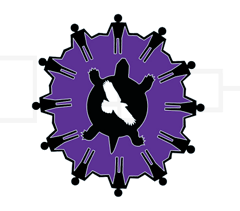Abstract
Hope is considered a protective factor for suicide prevention in Māori communities. In this small study, twenty-one Māori youth in four at risk communities participated in a digital media project on the constituents of HOPE. The preliminary results show that a positive relationship with peers and family is critical for the maintenance of hope in the lives of these Māori youth. The constituents of HOPE identified in this study include; a supportive non-judgmental family, particularly important for queer/LGBTI Māori youth; stable family relationships; knowledge of one’s cultural identity, exposure to opportunities to learn about being Māori; faith and capacity to envisage a life beyond the immediate struggle for survival and to set and achieve personal goals. This preliminary study will inform an extended study with Māori youth and development of a Māori measure of HOPE to guide suicide prevention efforts in the future.
Recommended Citation
Lawson-Te Aho, Keri Rose Dr
(2016)
"The power of hope for Māori youth suicide prevention: Preliminary themes from the Aotearoa/New Zealand HOPE studies,"
Journal of Indigenous Research: Vol. 5:
Iss.
2, Article 1.
DOI: https://doi.org/10.26077/qgrs-ep52
Available at:
https://digitalcommons.usu.edu/kicjir/vol5/iss2/1

